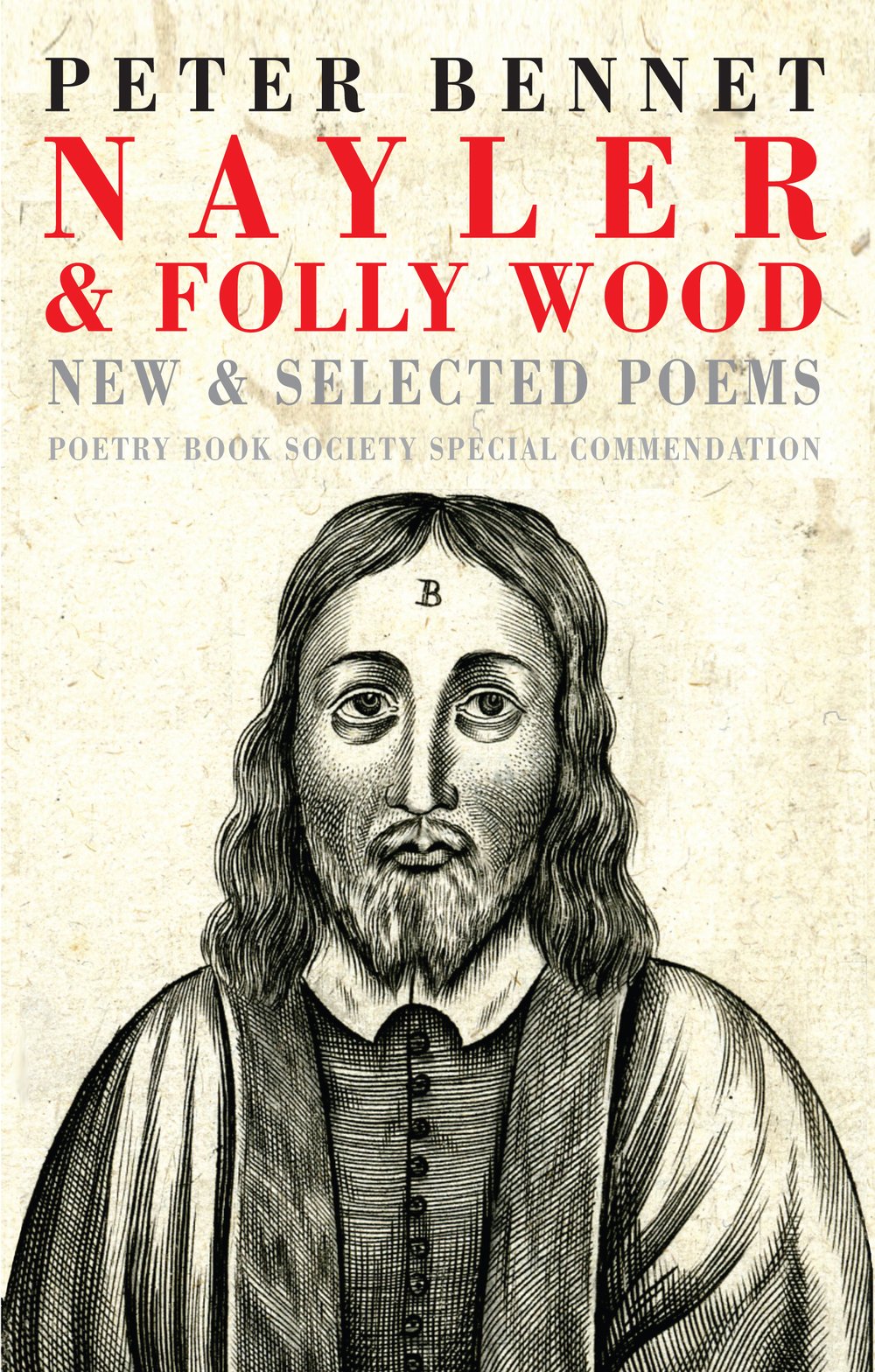Mischief
Peter Bennet is a storyteller who reinvents the world each time he writes, and does so with linguistic resourcefulness and panache, bold imaginative strokes, subversive connections, and dark wit. He has also armed himself with a sophisticated dramatic understanding learned in part from Browning. The borders of the real and the imaginary are frequently breached here, but Mischief, which is his seventh full-length collection, also contains an uncharacteristically autobiographical and revealing sequence which revisits memories from between Bennet's war-time early childhood and his father's premature death in 1953. This writing is so careful, even compressed, that it feels distilled rather than made, having something of the purity and strength of a good single malt.
Peter Bennet was born in Staffordshire in 1942. He went as a scholarship boy to King’s School Macclesfield, and then to Manchester College of Art and Design, where he was influenced by Norman Adams and his wife, the poet Anna Adams. He taught in secondary and further education, including work with redundant steelworkers following the closure of Consett Steel Works, and spent sixteen years as Tutor Organiser for Northumberland with the Workers’ Educational Association. He gave up painting for writing in 1980 and did a part-time MA at Newcastle University, including a study of W.S.Graham. His Bloodaxe retrospective, Border (2013), includes work from books including Goblin Lawn (2005), a Poetry Book Society Recommendation, The Glass Swarm (2008), a Poetry Book Society Choice which was shortlisted for the T.S. Eliot Prize, and The Game of Bear (2011), all published by Flambard Press, and features his four major sequences, The Long Pack, Jigger Nods, Folly Wood and Bobby Bendick’s Ride, as well as a selection of new poems. His latest collection, Mischief, was published by Bloodaxe in 2018. He has received major awards from New Writing North and Arts Council England and been a prizewinner in the National and the Arvon International Poetry Competitions, and in the Basil Bunting Awards. He lived for thirty-three years near the Wild Hills o’Wanney in Northumberland, in a cottage associated with the ballad writer James Armstrong, author of Wannie Blossoms. He now lives in Whitley Bay.


